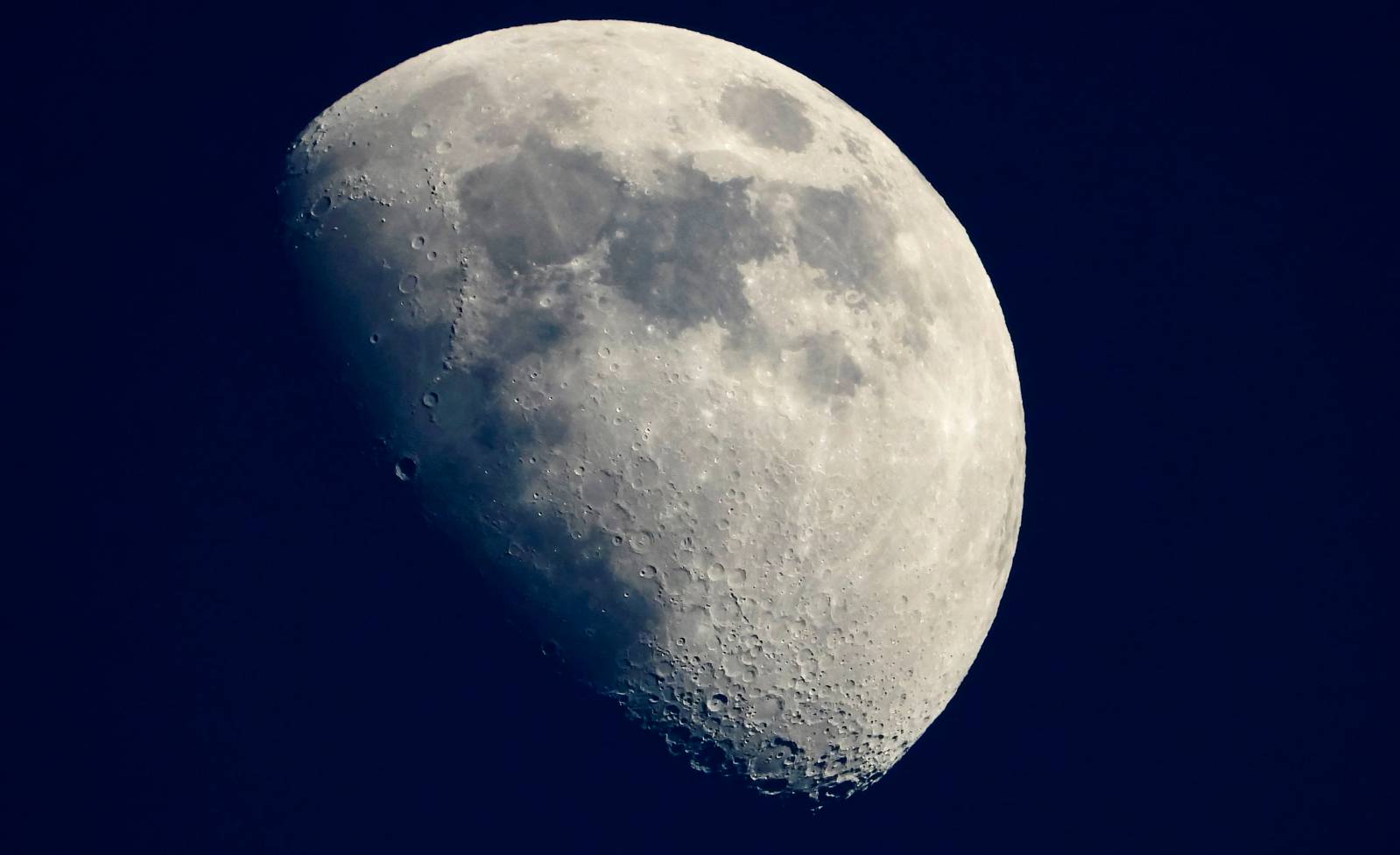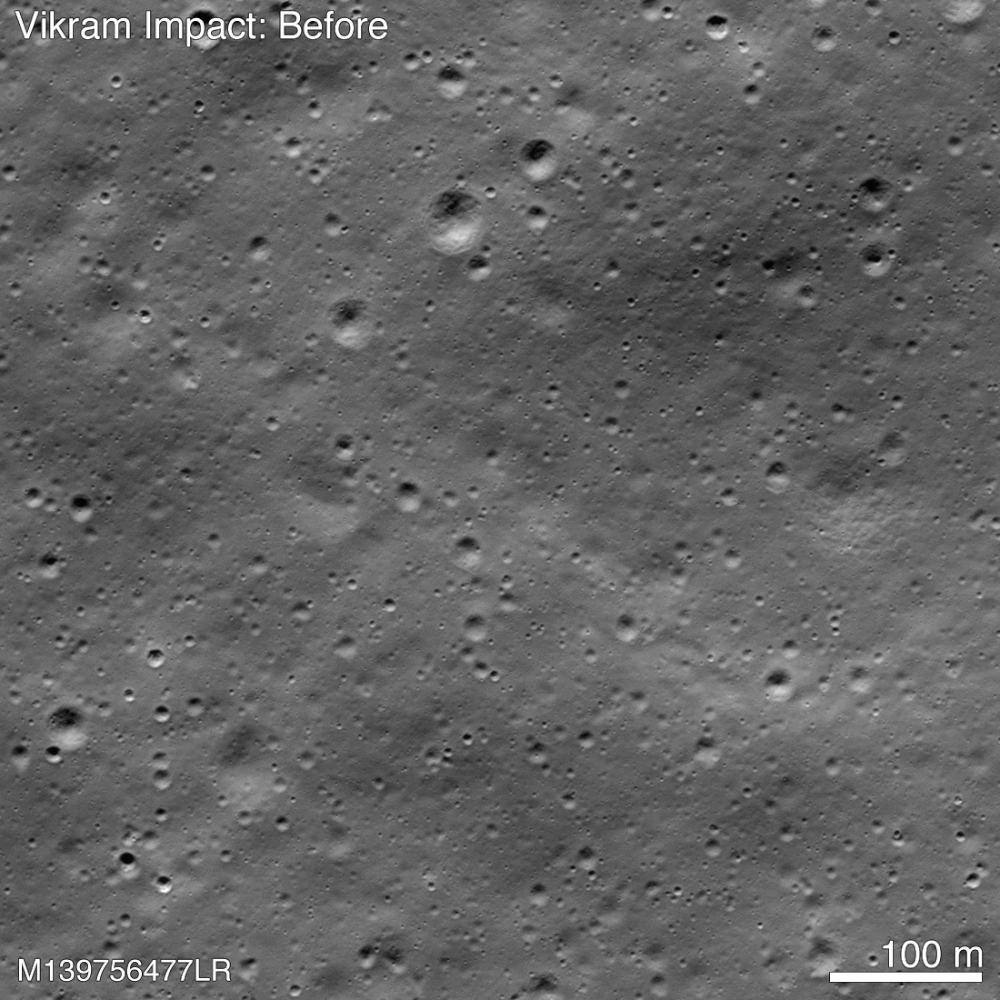NASA a facut o descoperire foarte importanta pe LUNA, care pune capat catorva luni de cautari pentru ceva ce parea ca este imposibil de gasit, dar de fapt nu era chiar atat de greu de descoperit cu putina atentie in cercetare. Mai exact, cei de la NASA au descoperit locatia in care s-a prabusit modulul trimis pe LUNA de catre indieni in incercarea lor de a face prima aselenizare din istorie, insa totul s-a transformat intr-un foarte mare esec.
NASA a analizat timp de cateva luni zona in care ar fi trebuit sa aselenizeze acel modul, iar intr-un final a reusit sa-i descopere locul in care s-a prabusit, si i-a anuntat pe indieni in legatura cu descoperirea pe care a facut-o. NASA a reusit sa descopere zona in care s-a prabusit modulul lunar al indienilor multumita unor imagini inregistrate de catre o nava proprie care orbiteaza satelitul natural, comparand imaginile de acum cu unele anterioare.
NASA face o Descoperire IMPORTANTA pe LUNA, ce a Anuntat
NASA a facut descoperirea la aproape 3 luni dupa accidentul care a implicat modulul lunar indian, acesta fiind trimis in a doua parte a lunii septembrie pentru a aseleniza acolo, insa din pacate misiunea nu s-a putut termina cu succesul dorit de catre indieni. Modulul lunar pe care indienii l-au trimis acolo continea un robot care ar fi trebuit sa se plimbe cam 500 de metri pe suprafata lunii pentru a-i analiza compozitia, si nu numai, insa in final nimic nu s-a realizat.
NASA nu a reusit decat sa descopere locatia in care s-a prabusit modulul lunar al indienilor, insa nu stie si motivele din cauza carora acesta nu a reusit sa aselenizeze conform planului stabilit de catre cei care l-au trimis acolo. Din ceea ce se stie pana acum, au existat probleme cu reducerea vitezei la apropierea de suprafata de pe LUNA, iar impactul a fost atat de puternic incat a distrus nava trimisa de catre cercetatorii indieni pentru explorare.























